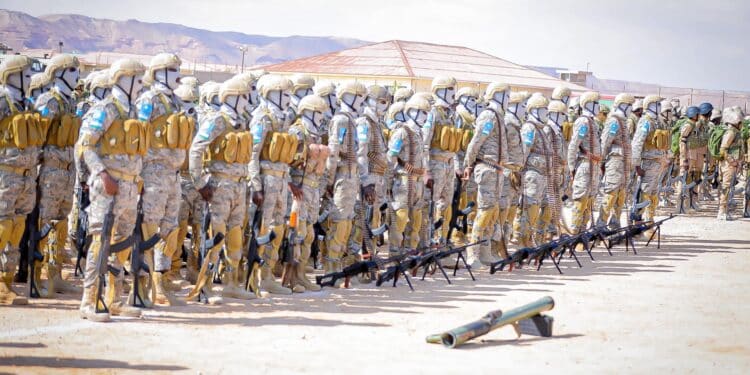The Islamic State in Somalia (ISS) was formed in 2015 when Abdulqadir Mumin, a former al-Shabab member and extremist preacher with citizenship in Sweden and the UK, pledged allegiance to the then ISIS leader Abu Bakr al-Baghdadi. The group became a local ISIS "province" and launched its first major operation in October 2016, briefly seizing the port town of Qandala in Puntland. Shortly afterwards, ISS fighters and its top local leadership retreated to strongholds in the mountain regions inside Puntland amid pressure from both the regional government and international partners.
From its stronghold in the mountains, ISS operated its notorious regional coordination office known as al-Karrar, transferring funds to other ISIS cells and drawing recruits from across Africa and the world over. This attracted international attention leading to an American drone intervention that killed Bilal al Sudani, the architect of ISS financial networks in South Africa and Afghanistan.
Somalia’s Unlikely Success
With the United States of America offering air support, Puntland Forces went on the offensive with great success. The U.S. Africa Command (AFRICOM), in coordination with the Federal Government of Somalia, conducted multiple airstrikes targeting ISIS-Somalia in the Puntland region. Operations consisted of targeted strikes against ISIS leadership safe havens in the Golis Mountains. This led to the capture of Abdirahman Shirwac Aw-Saciid, the head of ISS assassination squad and in charge of extorting local businesses.
Puntland Defence Forces enjoyed massive support from civilians and local government, pursuing the terrorists in hidden caves and liberating strategic towns. Majority of ISIS Somalia fighters died in battle, foreign fighters deported and others laid down arms and fizzled from the battlefront. The remaining militants are too few to put up any meaningful resistance against forces hunting them. ISS has lost its ability to coordinate among cells and its digital infrastructure for spreading propaganda.
Although ISIS still remains a global security threat, its Somalia affiliate has been reduced to small cells cowering in far flung countryside locations in hiding.
